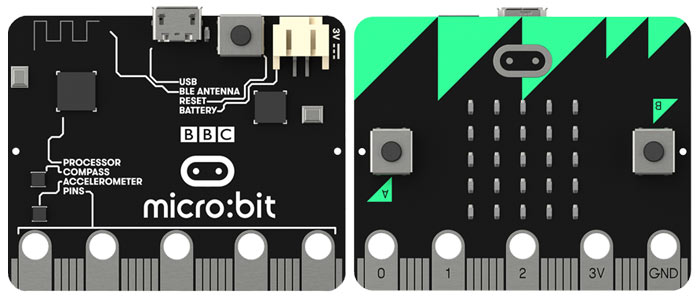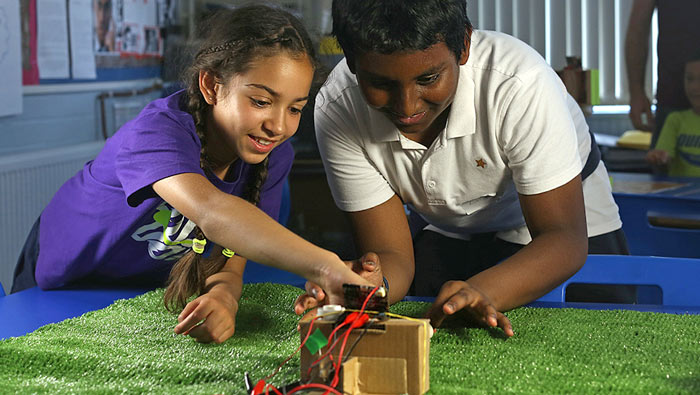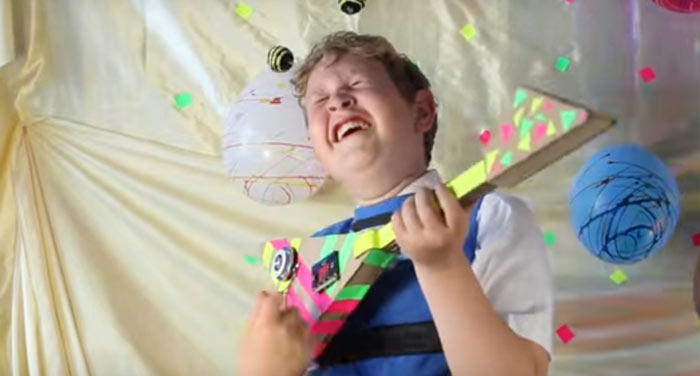ARM has emailed HEXUS to remind us that the BBC micro:bit starts to roll out to year 7 students today. This BBC initiative aims to inspire digital creativity in a new generation pursuing science, technology, engineering and maths (STEM) related careers. Furthermore ARM thinks that the micro:bit could have the same impact that the BBC Micro had in the 1980s; instilling a passion for coding and giving birth to many digital entrepreneurs. We first learnt about the BBC micro:bit plans a year ago.

The BBC micro:bit is a pocket sized computer featuring an ARM-based NXP microprocessor and Nordic Bluetooth connectivity. As a million of these devices start to flood into UK schools, and into 11-12 year old children's hands from today, tech industry leaders are optimistic about the 'sowing' of these microcomputer 'seeds'.

"The BBC Micro started me on my journey towards a career in technology and the BBC micro:bit can have the same effect on children receiving their devices from today," said Simon Segars, CEO of ARM. "The ability to code is now as important as grammar and mathematics skills and it can unlock important new career options. I can easily imagine a new wave of design entrepreneurs looking back and citing today as the day their passion for technology began."

The micro:bit has been designed to harness children's desire for shiny new tech products and divert at least some of that feeling into the desire to design their own products. Rick Clemmer, CEO of NXP, the maker of the processor in the micro:bit observed, "Together, everyone involved in the BBC micro:bits initiative is truly stimulating innovation, motivating the next generation of technologists, scientists and entrepreneurs in their pursuit of a better future." Indeed if you look at the dedicated BBC micro:bit microsite there seems to be lots of interesting projects for children to get their teeth into.
If you are interested in the BBC micro:bit you can read more about the device and how to program it on the aforementioned BBC site, or in greater technical detail on ARM's site.
Further information about the BBC micro:bit:
- Enabled by ARM mbed hardware and software development kits and compiler services.
- Contains an ARM Cortex-M0 based Nordic nRF51822 MCU featuring Bluetooth 4.0 to provide connectivity to billions of connected devices and let children experiment with bringing their projects to the internet of things.
- Features the Cortex-M0+ based Kinetis KL26Z microcontroller designed by NXP, which provides USB connectivity and allows the micro:bit to be programmed as simply as placing a file on a USB disk.
- The device has a 25 LED matrix display, a micro USB connector, a 3-axis accelerometer and a 3-axis magnetometer.













